Tips to improve your SEO and rankings
Graeme Buckley • July 29, 2020
Get found higher on search engines
Want to get your website ranking better, higher, quicker, above your competitors? Of course you do, but how is this achieved?
Search engine optimisation, or SEO as it’s widely termed, can seem like something of an enigma to business owners wondering what they can do to get their websites more visible. While the world of SEO is ever-evolving, there are some fundamentals that hold firm.
To drive more organic traffic to your website and improve your rankings in the search engines with no risk of penalty, there are a few basic things you can do.
Website and Page Load Speed
You need to ensure that your website loads as quickly as possible; page speed is a crucial factor for good SEO. Life has changed and where a slow load time a few years ago did not deter visitors, expectations are now far different and a slow-loading site is an absolute no-no in today’s marketplace.
A slow page will only frustrate a user and discourage people from using your site and ultimately from buying your product and service. A delay in page load time is proven to result in a significant loss in conversions.
Evidence shows that 40% of people abandon a website which takes over three seconds to load (eConsultancy). Of those people 80% will not return. That’s massive.
Site speed is one of the most important ranking factors – Google dictates this.
What this means is if your website pages are slow you are going to struggle big-time for organic listings, regardless of how good, cool and researched your content is or how snazzy or professional your website design.
One of the first things you may want to look at is image size and reducing them. Images can play a significant role in your site speed. They are often very large files which can slow down the load times of your website’s pages.
Remove all the non-essential elements that slow down your site, such as WordPress plugins, minimise and optimise everything on your site, look at reducing server response time, your hosting, browser caching, reduce redirects, run a compression audit and enable compression, prioritise over-the-fold content and monitor mobile page speed.
Link-building
Link-building from and to other websites relevant to your business and with relevant content is a great way to positively influence your website’s SEO. See it like a network of like-minded people and online ‘friends’. It can help build credibility and trust and add fuel to your SEO efforts. As with a friendship or network group, link-building is about quality not quantity. You’ll garner more trust.
Write authentic content for people
This may seem a strange thing to suggest, but if you have been reading content online over the years you will surely have come across the keyword and key phrase-stuffing technique whereby content writers and website owners try to play the SEO game by writing content featuring their products, services, locations and company name as many times as possible in the hope that it will pull them up the rankings. This may have fooled the search engines for a while, but it really is very bad practice and will not serve you well or win you any SEO points today.
Engaging, valuable content that focusses on your customers and your brand, product or service is the best way forward. Do not try to manipulate the search engines, or your customers. Write content for the user – they are the people who will engage with you and ultimately spend money with you.
Write content that is actually useful; this way you will gain more trust and credibility and build trust with your audience.
Use web analytics
Using web analytics such as Google Analytics will help you track your success and see where visitors to your site are clicking and how they move through your site and ultimately exit it. You can put this information to great use and modify and change your efforts to maximise return on investment.
Metadata, Metadata, Metadata
If you do anything on your site make sure you spend time on the Metadata and craft a Page Title, Description and some relevant Keywords for each page and blog on your website.
The Metadata for each page needs to be unique and relate to the information on that page. It will help the search engines deliver the very best match for a user’s search query and help get you found for your products, services, locations and company name.
Fail to do your Metadata and you are missing out on great SEO opportunities.
Check your URLs
A URL is a page’s unique address and you should ensure that you use readable and meaningful URLs that relate to each page. Use words that mean something to the search engines and users.
It’s always useful to remember that the search engines’ spiders that trawl the web are not human, they are bots and you need to keep things simple.
Don’t forget social in your SEO
Social media is important to SEO and can be used to engage with people and also draw people to your brand. Social signals can help your SEO and you should always be mindful of this.
Create content that people want to share, encourage people to share and build engagement.
Pictures are important too
Don’t forget to alt tag and title tag all the images you use on your website. It’s good to remember here that Google has an Image tab and features all images here. If you don’t alt tag and title tag each image you could be missing out on valuable SEO; the Google bots won’t know what your image is of if you don’t tell them in words. Keywords and phrases are as important when it comes to images; it’s more SEO juice. Again be authentic and relevant – no keyword stuffing, no game-playing.
Fresh, unique content
Content takes time to produce but it is well worth the effort when it comes to improving your rankings. Unique and engaging content is what users and the search engines want. The search engines want to give users the best, most relevant return on searches and if you produce fresh, unique content you have a greater chance of being in the mix.
Content marketing, when done well, can be a highly effective lead-generation tool.
We know there is a lot to think about when it comes to SEO; it’s always changing, even for us working in the industry.
Working with small to medium-sized businesses throughout the UK and as a Google Premier Partner and Microsoft Advertising Elite Channel Partner puts us in a unique position to assist you with not only SEO, but also web design, PPC, listings and social media.
If you feel you need help, would like a free one-to-one consultation, please get in touch now. Call us on 0800 089 0879.

Facebook Ads remain one of the most powerful digital marketing tools available today, but they’re also one of the most misunderstood. Businesses often think success comes from simply boosting a post or throwing money at the platform, but in reality, long term ROI and strong ROAS (Return on Ad Spend) come from careful planning, constant monitoring, and strategic adjustment. To make this more actionable, Infoserve has broken down Facebook Ad strategy into an alphabet of essentials.

Branding is your identity, everywhere. If your business is a cell, your brand identity is your mitochondria. The powerhouse of your marketing. The reason your company breathes. The thing that sets you apart. The ‘why’ that your customers buy into. Yes, we know what you’re thinking. If you’re here and asking questions, then this probably seems a little bit overwhelming. You might be looking at the bigger brands and wondering how they managed to get such distinctive messaging. Realistically, all of those brands started off exactly like you: with an idea in their heads and only a vague idea about how to market it. Luckily, at Infoserve , we are experts at taking a holistic approach to SMB marketing, and we know exactly how to help you position yourselves amongst your competitors with distinctive, but effective, branding.

Did you know that search queries experience fluctuations in volume throughout the year? Maybe you hadn’t thought about it before, but now it’s been pointed out, it makes perfect sense. Either way, now you know that search trends, you need to start using them to your advantage. How do you do this? You create relevant seasonal SEO content strategies that help you optimise your website all year round. Infoserve has collected a few of our key tips just for you.

Do you want to have a go at SEO (search engine optimisation), but keep getting lost amongst all the jargon and technical terms? You’re not alone. SEO consists of advice and tips that have grown, changed, and advanced for years, and even the most experienced marketers started where you are: by looking at this information and wondering where to start. But, blog copywriting doesn’t have to be complicated. In fact, if you remove the jargon and word wizardry, you can create a piece of blog content that works. And, our copywriting team at Infoserve wanted to break down the basics.

Consistency in web design is essential. Why? Not only does it make your website look professional and trustworthy, but it also ensures that users can interact with it easily, which increases conversion rates. Retaining a predictable structure to your website might seem limiting to your overall design but it’s actually critical when it comes to understanding user behaviour, and creating a user journey that flows naturally. As web design experts, Infoserve knows all about it. And we are going to share some top tips on how to make sure your website is adhering to structural patterns that are proven to boost engagement.

When we discuss web design or copywriting with a client, one of the questions Infoserve will always ask is: ‘what are your USPs?’ However, we have noticed that there has been some discourse online regarding the relevance of USPs in modern marketing, and whether they really hold as much value in 2024. With an overload of marketing messages and customers bombarded by choices online, some argue that USPs are no longer effective in grabbing attention. But, when standing out against your competitors has become even more of a challenge, can we really afford to let them go?

Contact pages are often overlooked by business owners and, at Infoserve , we believe the reason for this is because they seem like the least exciting page on a website. Many people think that all it takes to create a solid contact page is to add your contact details, a form to fill, and a little bit of text encouraging your customers to get in touch. And, sure, these features are essential. But there’s so much more to it than that.

The preconception that businesses only make profit in the fourth quarter is a common trap that many new e-commerce companies fall into. It is true that many shops, particularly bricks and mortar shops, will make the bulk of their annual profit in the final months of the year due to the Christmas shopping rush, but this doesn’t mean that it is impossible for profit to be made during the rest of the year. This is for many reasons including the fact that Christmas is only celebrated within certain cultures, and the need for products doesn’t suddenly stop once January comes around. So, how do you ensure you’re reaching your customers outside of this peak selling period? Let’s take a look.





